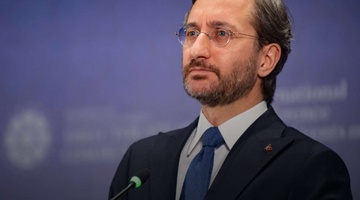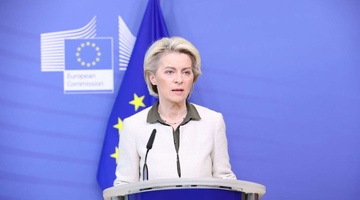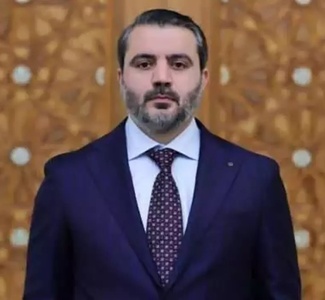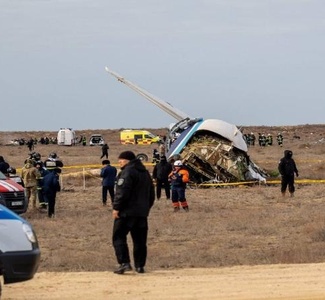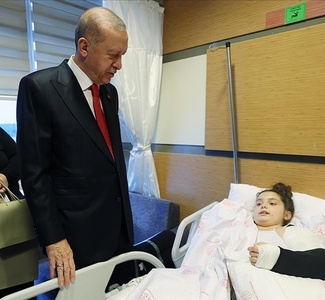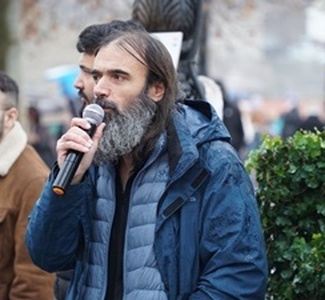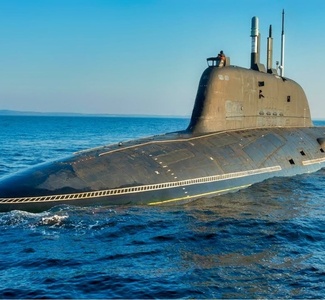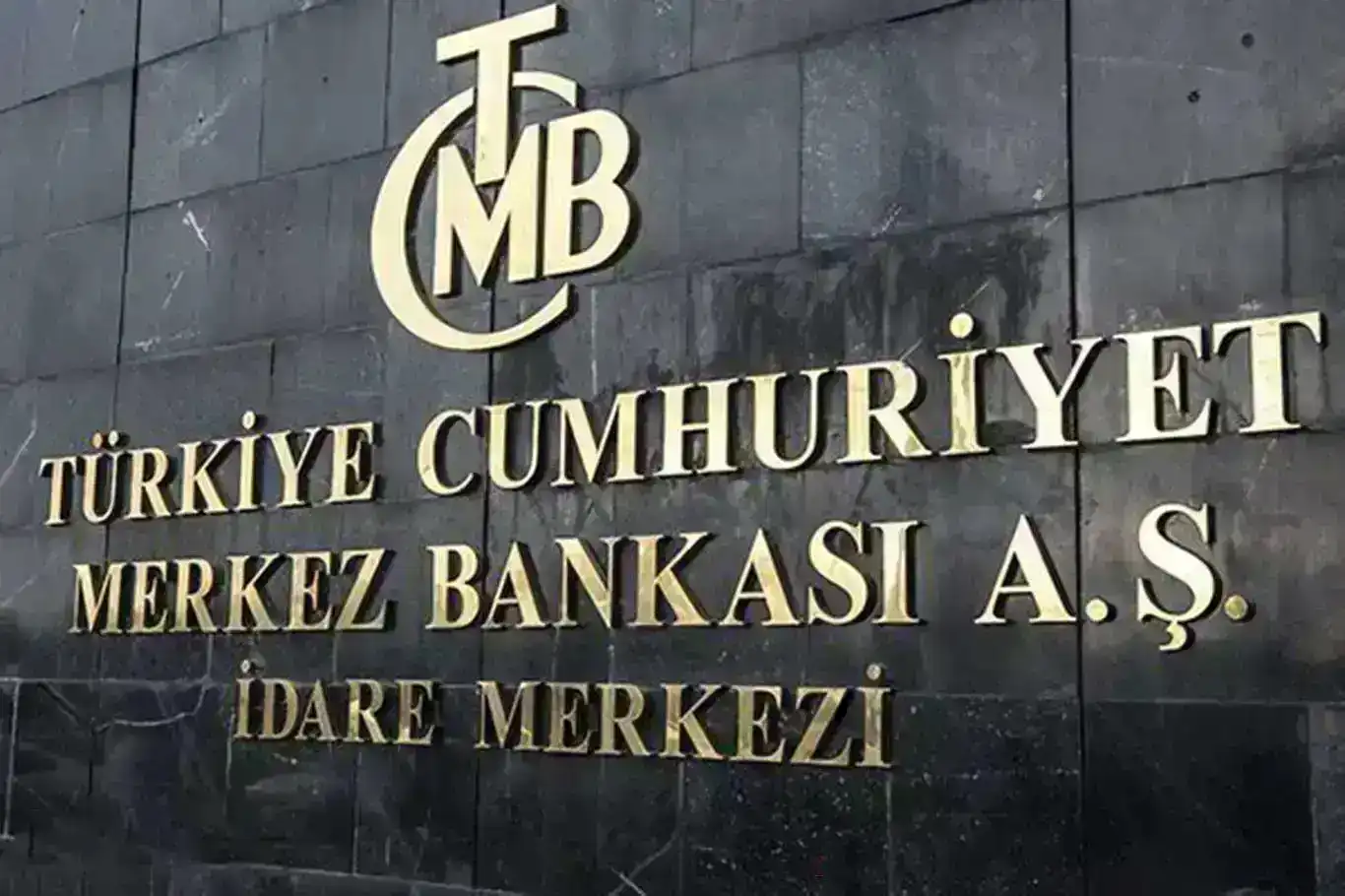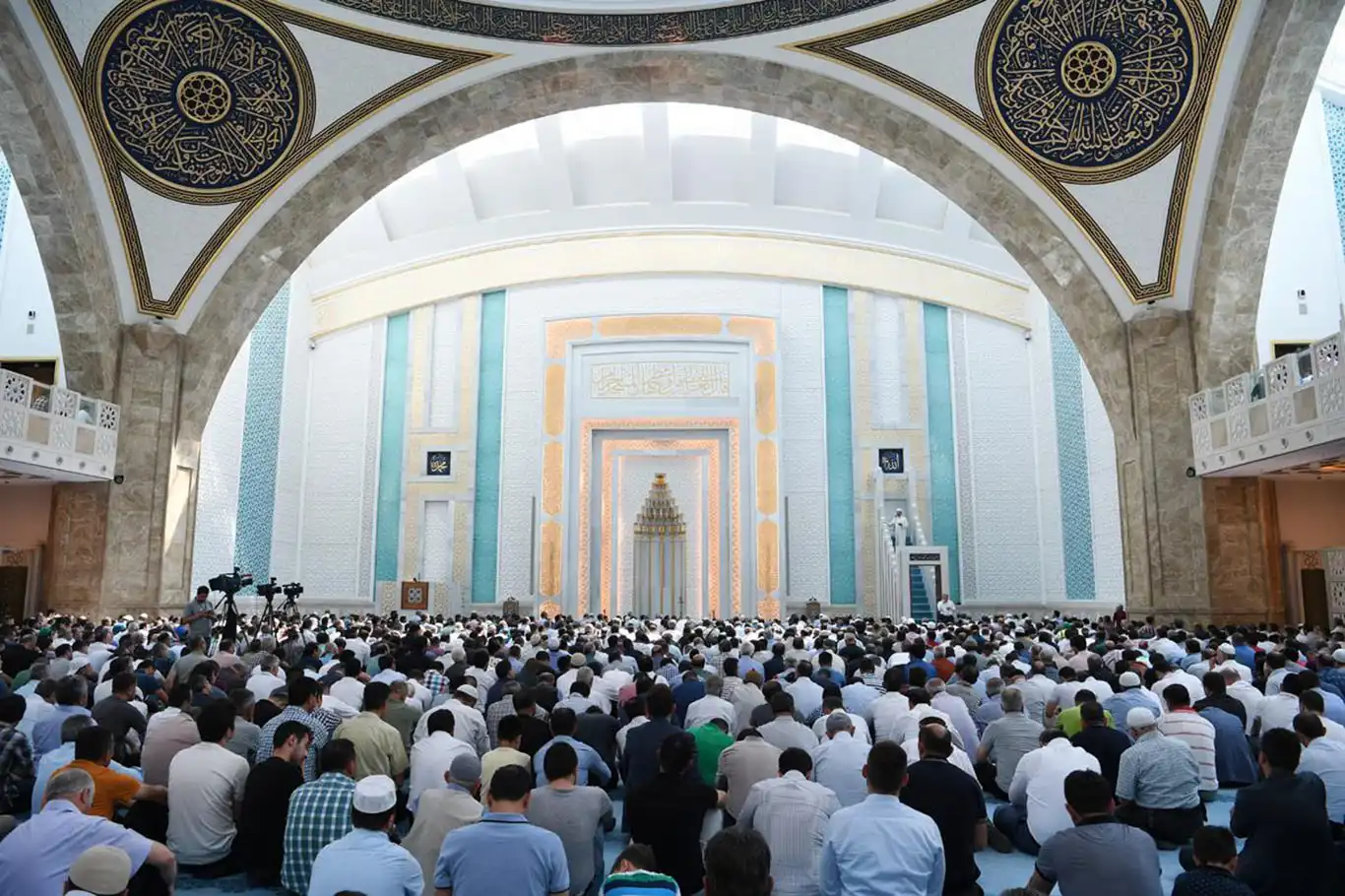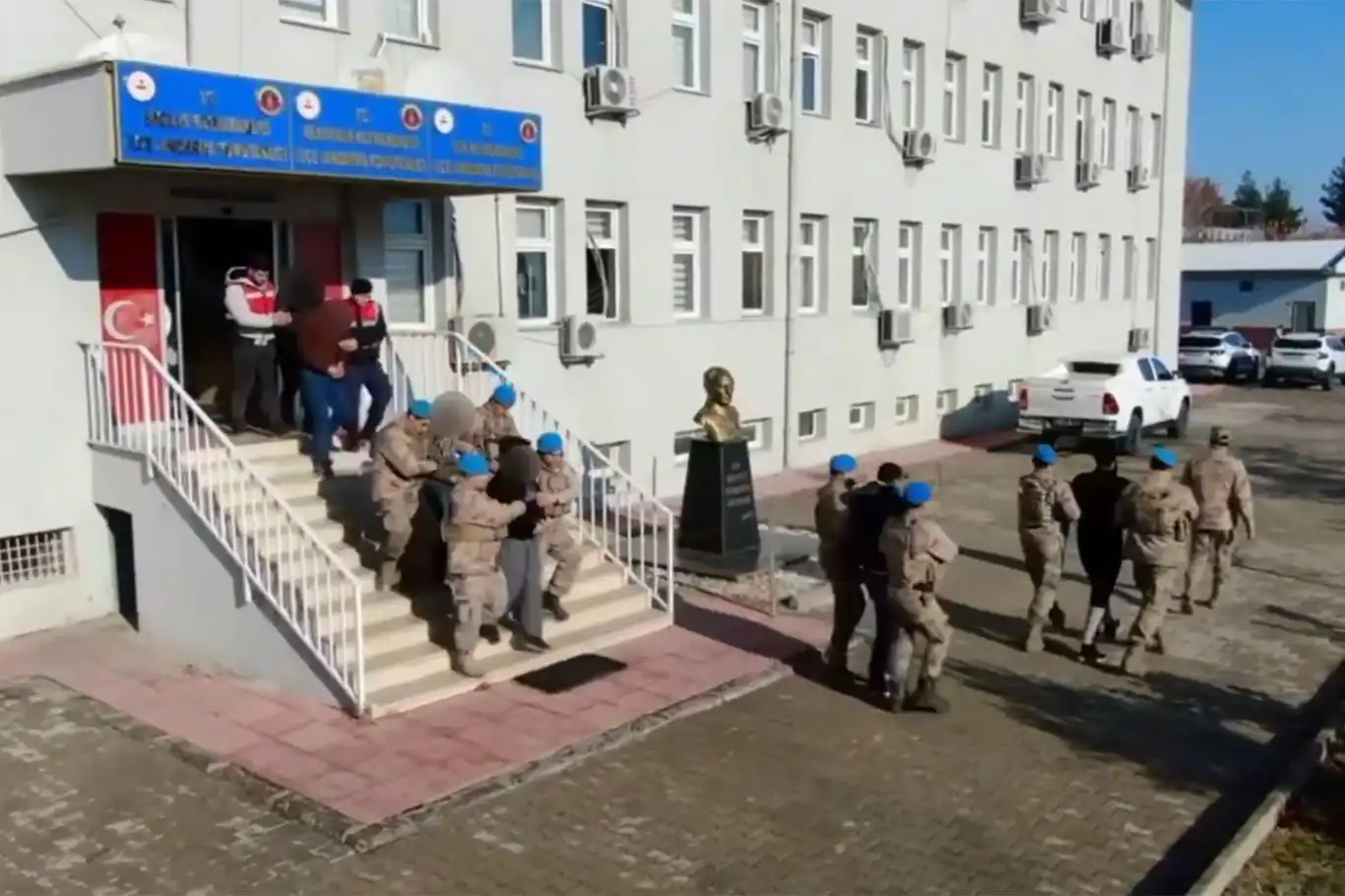Eleven years have passed since the death of Turkiye's former PM Necmettin Erbakan
Turkiye's former Prime Minister Necmettin Erbakan is being commemorated on the eleventh anniversary of his death.
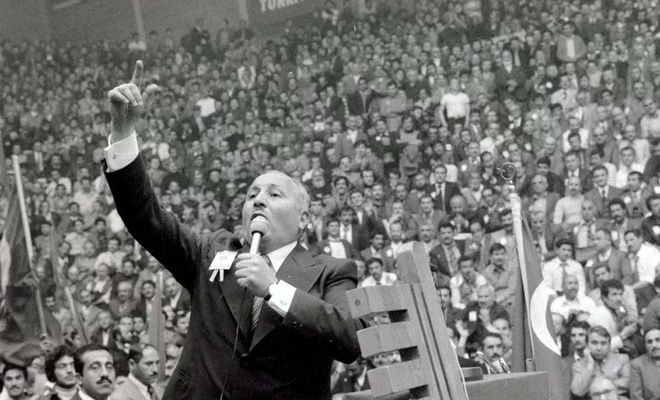
 Google News'te Doğruhaber'e abone olun.
Google News'te Doğruhaber'e abone olun. Necmettin Erbakan, the leader of the National Opinion movement and the Prime Minister of the 54th Government, passed away on Feb. 27, 2011.
Erbakan was a Turkish politician, engineer, and academic who was the Prime Minister of Turkey from 1996 to 1997.
He was pressured by the military to step down as prime minister and was later banned from politics by the Constitutional Court of Turkey on the pretext of violating the separation of religion and state.
The political ideology and movement founded by Erbakan, Millî Görüş, calls for the strengthening of Islamic values in Turkey and turning away from what Erbakan perceived to be the negative secular influence of the Western world in favor of closer relations to Muslim countries.
With the Millî Görüş (National Opinion) ideology, Erbakan was the founder and leader of several prominent Islamic political parties in Turkey from the 1960s to the 2010s, namely the National Order Party (MNP), the National Salvation Party (MSP), the Welfare Party (RP), the Virtue Party (FP), and the Felicity Party (SP).
His early life and education
Erbakan was born in Sinop, at the coast of Black Sea in northern Turkey. His father was Mehmet Sabri, a judge from the prestigious Kozanoğlu family of Cilicia and his mother Kamer was a native of Sinop and the second wife of Mehmet Sabri.
After high school education in Istanbul High School, he graduated from the Mechanical Engineering Faculty at the Istanbul Technical University in 1948 and received a Ph.D. degree in mechanical/engine engineering from the RWTH Aachen University. After returning to Turkey, Erbakan became a lecturer at the İTÜ and was appointed professor in 1965 at the same university. After working some time in leading positions in the industry, he switched over to politics and was elected deputy of Konya in 1969.
His political activities
Erbakan's ideology is set forth in a manifesto, entitled Millî Görüş (National Opinion), which he published in 1969. The organization of the same name, which he founded and of which he was the leader, upholds nowadays that the word "national" is to be understood in the sense of Ummah.
One of the leading names in Turkish politics for decades, Erbakan was the leader of a series of Islamic political parties that he founded or inspired. These parties rose to prominence only to be banned by Turkey's secular authorities. In the 1970s, Erbakan was chairman of the National Salvation Party which, at its peak, served in coalition government with the Republican People's Party of Prime Minister Bülent Ecevit during the Cyprus war of 1974.
In the wake of the 1980 military coup, Erbakan and his party were banned from politics. He reemerged following a referendum to lift the ban in 1987 and became the leader of Refah Partisi (Welfare Party). He led his party to a surprise success in the general elections of 1995.
The Prime Minister of the 54th Government
He became Prime Minister in 1996 in coalition with Çiller's Doğru Yol Partisi (Right Path Party). As prime minister, he attempted to further Turkey's relations with the Islamic World. In addition to trying to follow an economic welfare program, which was intended to increase welfare among Turkish citizens, the government tried to implement a multi-dimensional political approach to relations with the neighboring countries.
At the time, there was a formal deal between Erbakan and Tansu Çiller, the leaders of the coalition, for a "period-based premiership". Accordingly, Erbakan was to act as the prime minister for a certain period (a fixed amount of time, which was not publicized), then he would step down in favour of Çiller. However, Ciller's party was the third-largest in the parliament, and when Erbakan stepped down, President Süleyman Demirel asked Mesut Yılmaz, leader of the second-largest party, to form a new government instead.
His life after Premiership
In an unprecedented move, Erbakan's ruling Welfare Party was subsequently banned by the courts, which held that the party had an agenda to promote Islamic fundamentalism in the state, and Erbakan was barred once again from active politics. He had argued that a truly democratic country should not shut down a political party for its beliefs.
Despite often being under a political ban, Erbakan nonetheless acted as a mentor and informal advisor to former Refah members who founded the Virtue Party in 1997, among them the current President of the Turkish Republic, Recep Tayyip Erdoğan. The Virtue Party was found unconstitutional in 2001 and forcibly banned; by that time Erbakan's ban on political activities had ended, and he founded the Felicity Party, of which he was the leader in 2003–2004 and again from 2010 until his death.
His death
Grave of Necmettin Erbakan and his family at Merkezefendi Cemetery in Istanbul.
Erbakan died on 27 February 2011 at 11:40 local time of heart failure at Güven Hospital in Çankaya, Ankara.
His body was transferred to Istanbul, and following the religious funeral service at the Fatih Mosque, the attending crowd accompanied his coffin the about 4 km (2.5 mi) way to the Merkezefendi Cemetery, where he was laid to rest beside his wife Nermin. He did not wish a state funeral, however his funeral was attended by the highest state and government officials.
According to The Economist, at his death, Erbakan was acknowledged as a moderating force on Turkey's Islamists, and made Turkey a possible model for the Arab world as well. However, he gave the pathway to the rise of Recep Tayyip Erdoğan.
His views
His foreign policy had two main pillars: the unity of the Islamic World and the struggle against zionism. He created "D-8" or The Developing Eight, to achieve economic and political unity among Muslim countries. It has eight members, including Turkey, Iran, Malaysia, Indonesia, Egypt, Bangladesh, Pakistan, and Nigeria. (ILKHA)




























